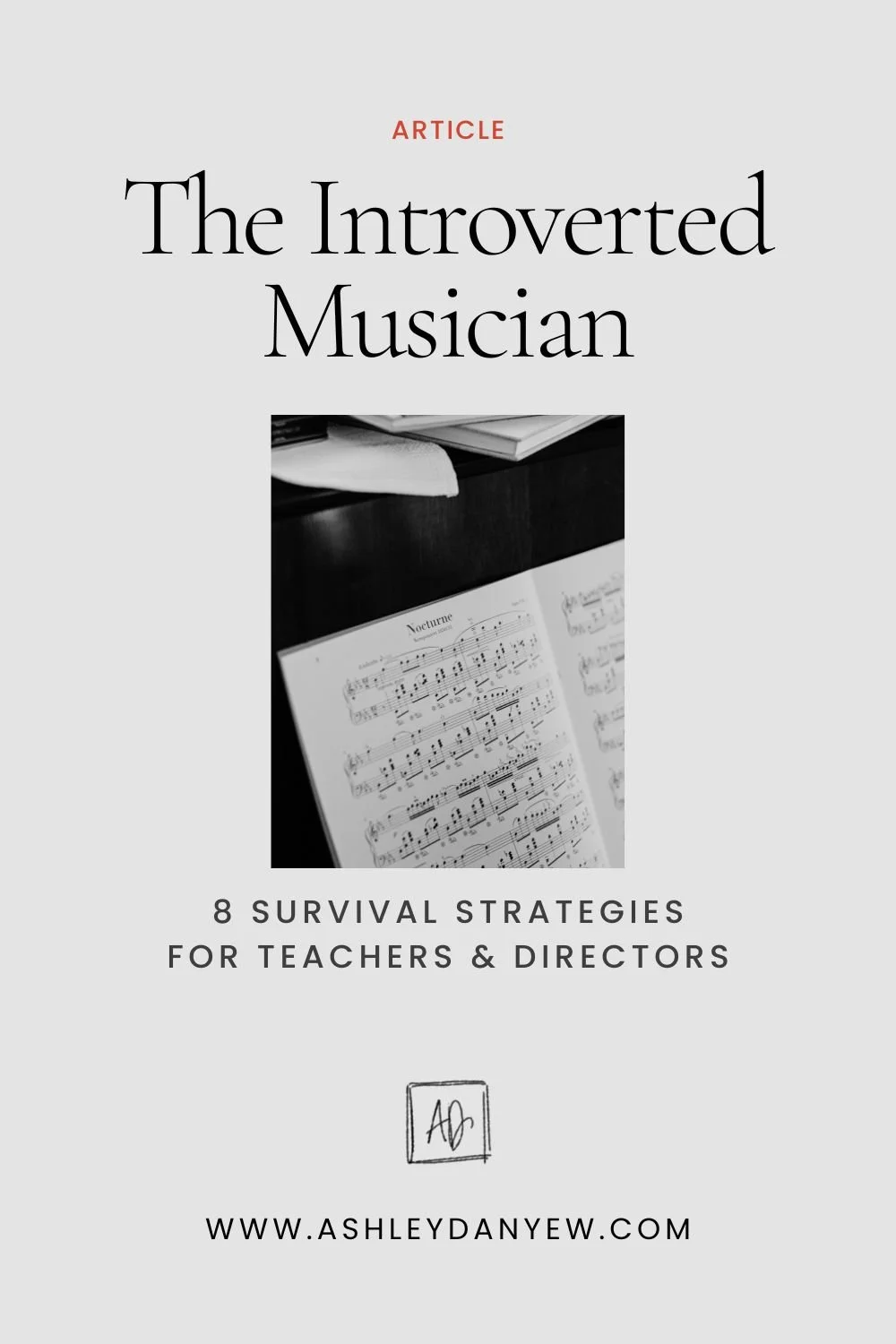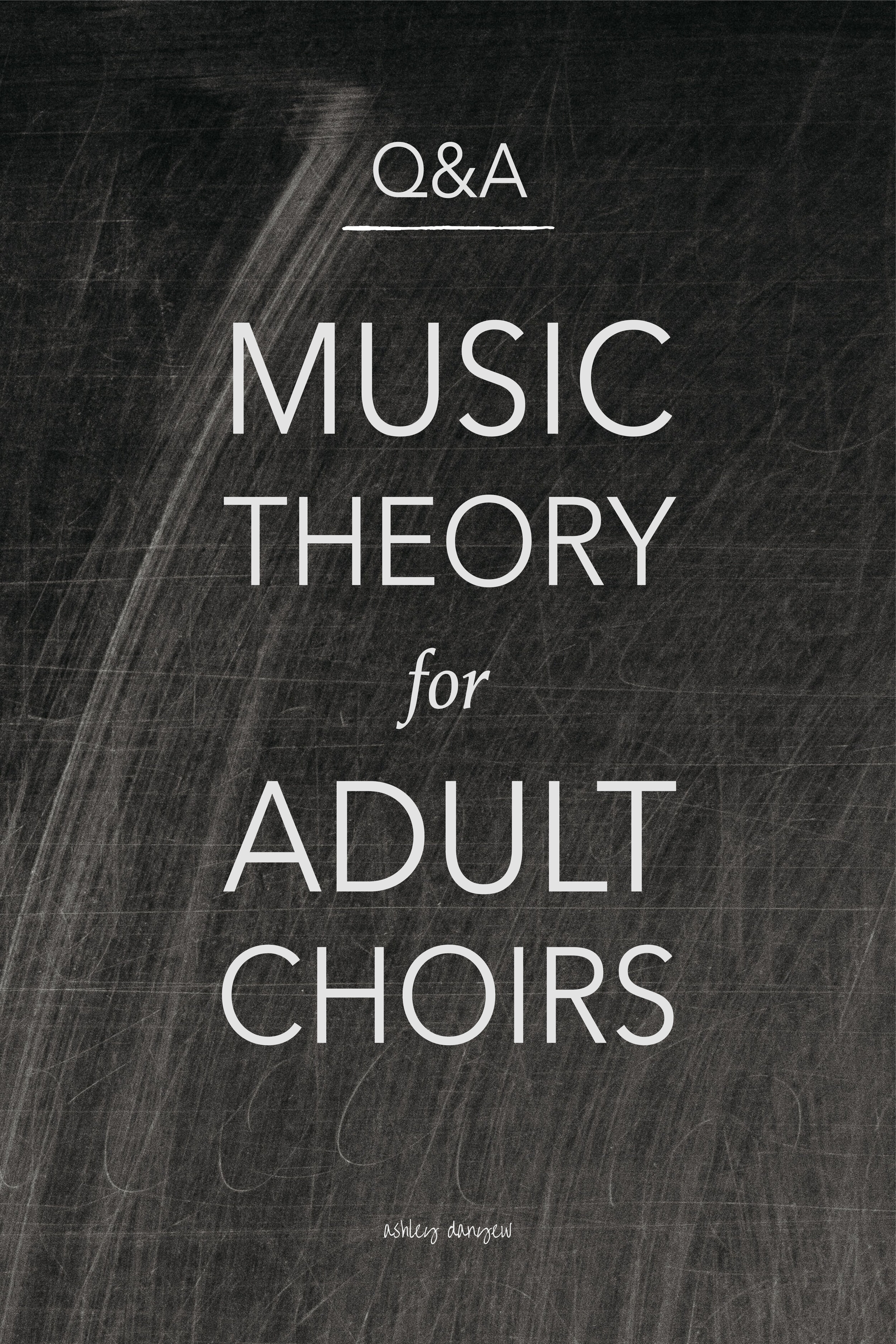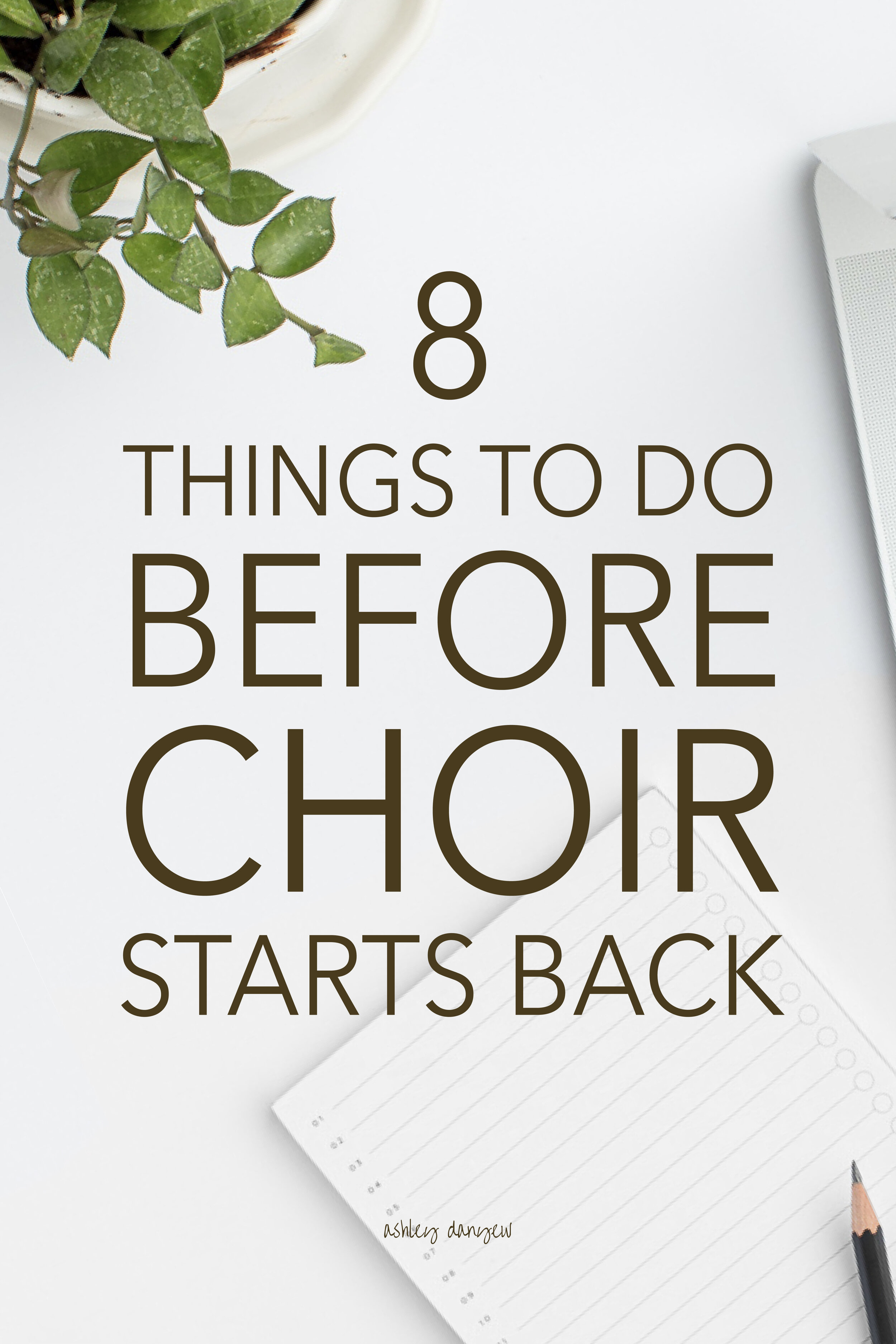Are you an introvert or an extrovert?
Society often makes us feel like we’re either one or the other. But these personality traits are actually opposite ends of the same spectrum.
And the reality is that most of us fall somewhere in the middle (source).
Susan Cain, researcher and author of the New York Times bestseller, Quiet: The Power of Introverts in a World That Can’t Stop Talking noted, "Extroverts need higher levels of stimulation to feel their best” while "introverts prefer quiet, minimally stimulating environments." (source)
This stimulation may be social in nature, but it can also be bright lights, noise (radio, podcasts, music, yard work noise, traffic, etc.), and visual clutter.
"Unlike extroverts who gain energy from social interaction, introverts have to expend energy in social situations."
- Kendra Cherry (source)
Susan Cain noted that, "One third to one half of us are introverts—that’s one out of every two or three people you know. But you’d never guess that, right? That’s because introverts learn from an early age to act like pretend-extroverts." (source)
Can you relate?
Those of you who teach or lead or direct in some way may feel energized after being up in front of a group of people (extrovert side of the spectrum) or drained and craving alone time (introvert side of the spectrum). But regardless of how you may feel on the inside, you may feel as if you need to pretend to be energized to portray strong leadership skills.
According to Regina Soh, many introverted leaders feel inferior when they compare themselves to a more extroverted leader. "Unfortunately," she wrote, "Introverted leaders are often defeated by loud external opinions and quiet internal behaviors." (source)
But, being an introvert doesn’t mean you are inferior and it doesn’t mean you can’t lead or teach or direct just as well as those who are more extroverted. The secret is to use your natural strengths to your advantage.
Disclosure: Some of the links in this post are affiliate links, which means if you decide to purchase through any of them, I will earn a small commission. Thank you for your support!
Six Unique Strengths Most Introverts Have
“So you’re quiet and you don’t always know what to say? On the other side of that ‘weakness’ is a powerful, analytical mind.
You get overstimulated more easily than others? In your solitude, you solve problems, think of new ideas, and create. You ‘umm’ and ‘ahh’ when you speak? Your reflective mind processes things deeply.
Instead of seeing your introvert qualities as your biggest flaws, consider that they may actually be your biggest strengths.” (source: Jenn Granneman & Adrianne Lee, The Secret Lives of Introverts: Inside Our Hidden World)
Introverts have a number of unique strengths. These skills and traits are extremely valuable in a variety of teaching and leadership settings, so make sure you’re using them, to the best of your abilities.
Most introverts are:
Honest
You value authenticity and truth and strive for clear, honest communication and feedback. Balance this with kindness and awareness of how others receive feedback and suggestions.
Dedicated
You do good work and pay attention to details. Take breaks and make sure to have other hobbies and things to fill your time so you don’t get burnt out.
Thoughtful
You are introspective and reflective and think carefully about how to teach, present, and communicate with others. It’s easy to get wrapped up in what others might think, but don’t let that fear hold you back.
Good listeners
You pay attention, observe, and listen before you speak. Make sure you find a way to express your thoughts and don’t just defer to the more extroverted people in the room.
Relational
Large groups may be draining, but you are able to form deep, personal connections with others, one-on-one or in small-group settings.
Intentional
You care about showing your appreciation and gratitude to others (source)
8 Survival Strategies for Music Teachers & Directors
Are you an introverted music teacher or director struggling to get through each week? Here are some best-practice survival tips that might help:
1. Work alone before class or rehearsal.
Do something relaxing, play through your music (half work, half fun), or work on a creative project of some kind. Teaching a class or leading a rehearsal for however large a group of people can take a lot of you, so make sure you prepare accordingly. Don’t exert too much social energy earlier in the day.
2. Look for opportunities to connect.
Get to know the people in your class or ensemble—their interests, their families, what’s important to them—and, in turn, share parts of your personal life, as well. Talk to people one-on-one or in small groups as they arrive (an introvert’s strength, remember?). This is the best way to encourage authenticity and connection and build community among your ensemble or group.
3. Be honest, but kind.
As I mentioned before, honesty is a trait most introverts naturally have, but there is such a thing as being too honest or blunt, sometimes. As an introvert, you may appreciate directness and value honest opinions, but others may not feel the same way. Be careful not to disregard people’s feelings; instead, be honest, but give feedback kindly, gently, and respectfully.
4. Take time to be quiet.
Introverts are often more sensitive to noise and visual stimuli than extroverts. Listening to podcasts, watching videos or stories on social media, reading articles with busy ads and banners on the webpage, even just listening to music (with lyrics) on the radio can be draining after a while. Prepare for class or rehearsal by taking time to recharge and be quiet. Read a book, go for a walk (sans headphones), do some reflective writing, or do creative work of some kind.
5. Ground yourself physically.
According to Anett Grant (unfortunately, the full article is no longer available online), introverts can develop a strong leadership presence by focusing on these five physical things: a) Balance, b) Eye contact, c) Vocal resonance, d) Smooth gestures, and e) Intentional movement.
Focus on grounding yourself through your feet. Make eye contact and smile. Keep your breath flowing for good vocal resonance. Take your time and don’t rush. These are simple cues that will calm your nerves and help your body stay relaxed.
6. Focus on your speech.
Another thing that can be helpful is focusing on your speech—the directions you give the group and any feedback you may offer. Keep directions minimal and to the point. Avoid rattling off several things at once, which can be overwhelming. Instead, bring structure and clarity to your feedback by outlining 2-3 key thoughts and suggestions, paired with clear demonstrations.
Don’t worry about choosing the right words or sounding smart—focus on your students or ensemble members and how you can serve them in that moment. What do they need from you?
7. Set clear boundaries.
If you know that being around people drains your energy, avoid scheduling meetings, lessons, or extra rehearsals on the same day as your main rehearsal. Limit how much classroom teaching time you have in any given day. Set limits on when you check and respond to emails. Put your phone on Do Not Disturb for a few hours while you’re working to avoid being interrupted.
8. Take time to reflect.
Take time at the end of each week, either after your class or rehearsal or the next day, to reflect and plan for the following week. Introverts may take more time to process things than those who are more extroverted, but often it’s because we’re sifting through all the details—things we observed, conversations we had, etc.
Jenn Granneman & Adrianne Lee write, “As introverts, we do our best work inside our heads. When given time to reflect, we can thoughtfully present an idea in a way that others can easily grasp.” Build in time for this mental processing into your weekly routine.
I’d love to hear from you:
Are you an introverted musician? Can you relate to any of these things? What are your best tips and strategies for balancing your introversion with teaching and leadership responsibilities?
More reading:
5 Ways Introverted Teachers Excel in the Classroom
Ambidextrous Leadership: Leading as an Introvert and Extrovert Simultaneously
8 Signs You Are an Introvert
Quiet: The Power of Introverts in a World That Can’t Stop Talking (Susan Cain)





































